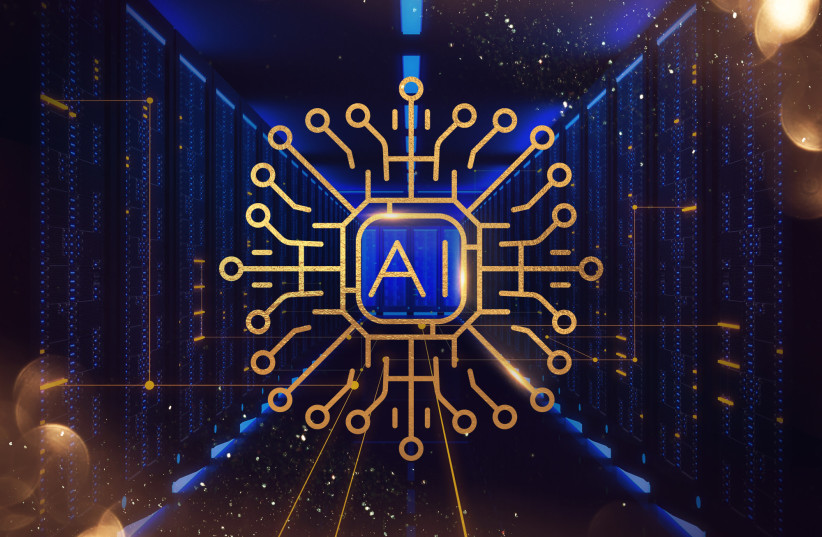Japanese auto and motorcycle parts manufacturer Musashi Seimitsu announced last week that it has invested $20 million in Israeli AI robotics company SIXAI’s innovation hub in order to advance the two companies’ collaborative development of artificial intelligence and electric vehicle technology.
Musashi Seimitsu’s CEO, Hiroshi Otsuka, explained that the investment seemed like a logical next step, given the two companies’ history working together.
“We initially formed a joint venture to use AI to automate manufacturing, and later in different industries,” he said. “Now, as the relationship has progressed, we’ve started this [initiative] to prepare for EVs,” which Musashi believes is the future of mobility.
Musashi Seimitsu has undergone several evolutionary stages since its inception in 1938 when it began by manufacturing parts for fighter planes during the second world war. Following Japan’s loss, Musashi pivoted to the textile and sewing machinery industry, followed by another leap to the automotive parts industry in the 1980s.
"As the relationship has progressed, we’ve started this [initiative] to prepare for EVs,” which Musashi believes is the future of mobility."
Musashi Otsuka
The company’s recent partnership with SIXAI founder Ran Poliakine represents its latest evolution.

“At the beginning, we had great conversations about what could happen in the future and how together we could impact the wellbeing of the world, as well as getting the planet to a better place in regards to pollution, et cetera,” said Ran. In the three years since then, the duo has already fostered several innovative start-ups with solutions in the EV manufacturing space.
Musashi noted that while the learning curve was initially a bit steep, the collaboration between Japanese and Israeli business cultures has proven to be worth the effort.
“We found out that the diversity in culture between Israelis and Japan actually provides productivity and a fruitful discussion. In the beginning, it was scary, because it took some time for the employees to really understand each other. But I can tell you today there is harmony because each party brings its strengths to the table. There are new things that are being created within this combination,” he said. “In other words, one plus one equals much more than two.”
Working with Nigeria and Ghana
Last month, Musashi and SIXAI announced their plan to produce and lease millions of battery-powered motorcycles and auto-rickshaws in Nigeria and Ghana.
“Nigeria will not just be consuming imported technology, we are making sure that we domesticate, produce, and manufacture in Nigeria,” said Homammed Haruna, executive vice chairman of the National Agency for Science and Engineering Infrastructure in Nigeria. “NASENI has come into this now with the perfect partners, Japanese and Israeli companies with technologies that are proven and known.”
